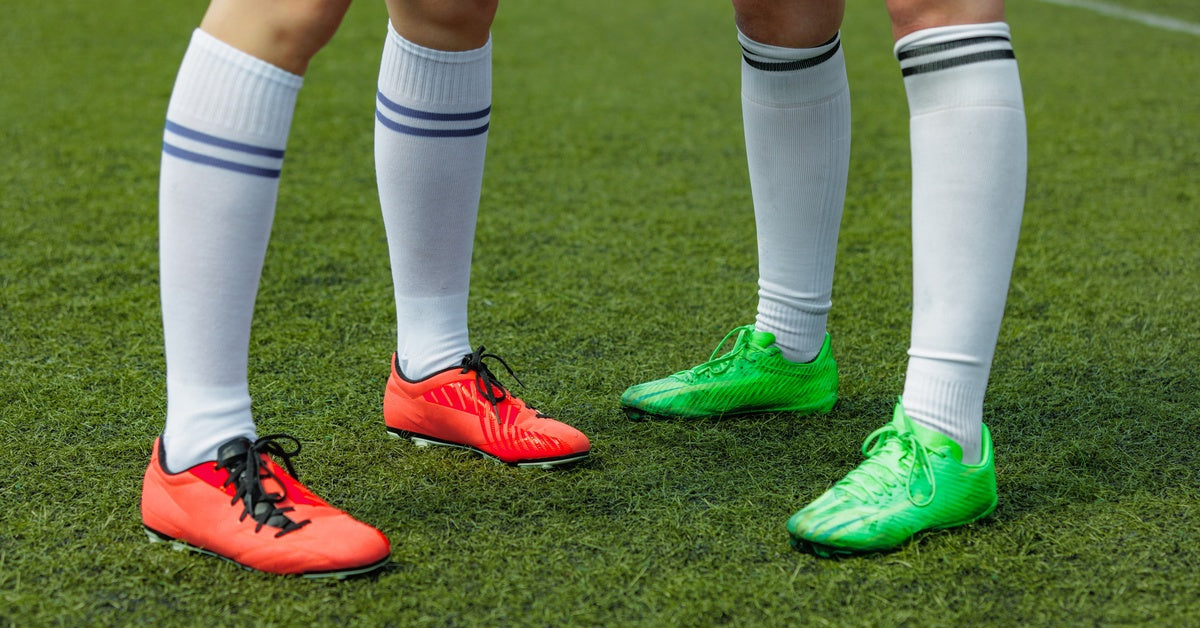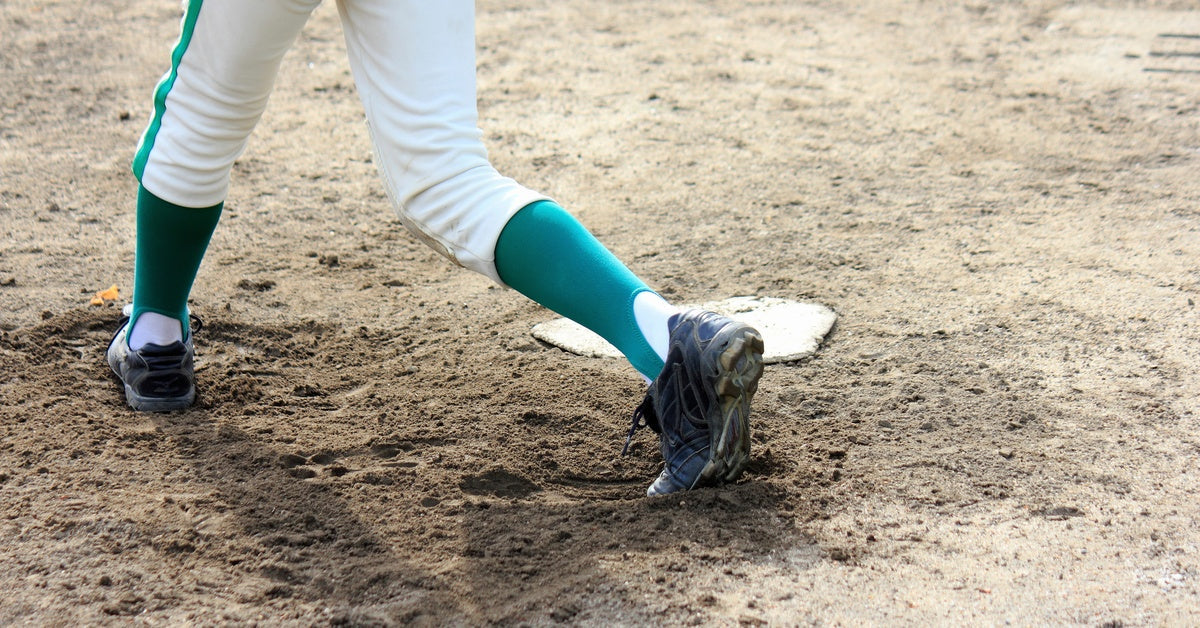Football: Season Prep April 23 2021 0 Comments

If your child plans to play club football, it may be a good idea to begin physically preparing at home for the sport's demands, in addition to ordering those custom football socks. There are many benefits to playing youth football, including physical development, teamwork and other life skills. However, there is a high chance of injury in this activity, especially if team members do not have adequate training. Starting at home is a great way to get your child ready to play safely.
1. Encourage Daily Activity
You can have small children prepare by doing daily chores or activities. Helping with housework, washing the car, playing tag, dancing, running and other active pursuits stretch muscles, improve strength and increase coordination. In this way, your little one develops lifelong habits that better prepare them for football when they are older.
2. Begin Age-Appropriate Strength Training
Strength training requires your child to do exercises that create strong bones and muscles. Improving strength provides the physical ability to play the game and lessens the chance of injuries. Make sure your child warms up with cardiovascular movement and stretching before exercising. Ensure exercises are appropriate for your young player's age and ability. You do not want your child to overtrain. The amount of time spent exercising depends on experience and interest level.
3. Incorporate Speed Training
Football requires that players think and move fast. Help your child do jumping or sprinting drills to prepare for quick movement. Start with short sprints and gradually increase distance and training as your child progresses. Teach proper breathing techniques and running form. Have your child run up and down your stairs, do cone drills and introduce more complicated activities as skills improve.

4. Ensure Proper Nutrition and Sufficient Sleep
When your child starts training, be sure to include adequate rest and proper nutrition. Healthy food and sleep are essential components that fuel your athlete's body. Avoid giving your young player sugary drinks and junk foods. You may want to increase fluid and carbohydrate intake. If you plan to have your child bulk up, consult a pediatrician to determine a safe and healthy exercise and diet plan.
5. Acquire Apparel and Protective Gear
When it's time for your child to join a club team, you want to make sure they have the right apparel and protective gear to prevent injuries during games and practices. Check with the coach to see what the team provides and ask if there are rules regarding equipment and gear you purchase yourself. Consider buying some custom football socks for added flair and blister protection. Apparel includes:
- Uniform and practice jersey
- Uniform and practice pants
- Youth football socks
- Football cleats
- Compression clothing
- Football gloves
- Football girdle
Continue to support your child's efforts by listening, providing emotional care and promoting healthy habits. Football teaches physical skills, such as balance, coordination, strength and speed. It also develops other attributes like hard work, ability to work with others, goal-setting and planning for success. You can prepare your child for the game in various ways as they grow and develop. Teach your little one basic concepts first and then progress to structured preparation. Most importantly, encourage playing for enjoyment to foster a love of the game. Then head to SocksRock to get some knee-high football socks to go with your child's new gear for a fun football season.

Frequently Asked Questions
Should you have your child train like a pro?
At what age should you start football training?
What are some tips for teaching a child to play football?
What gear do you need for youth football?
- Mouth guard
- Shoulder pads
- Helmet
- Neck collar
- Jockstrap and cup
- Hip, thigh and knee pads
- Gloves
- Knee-high football socks
How can you improve your child's football skills?













